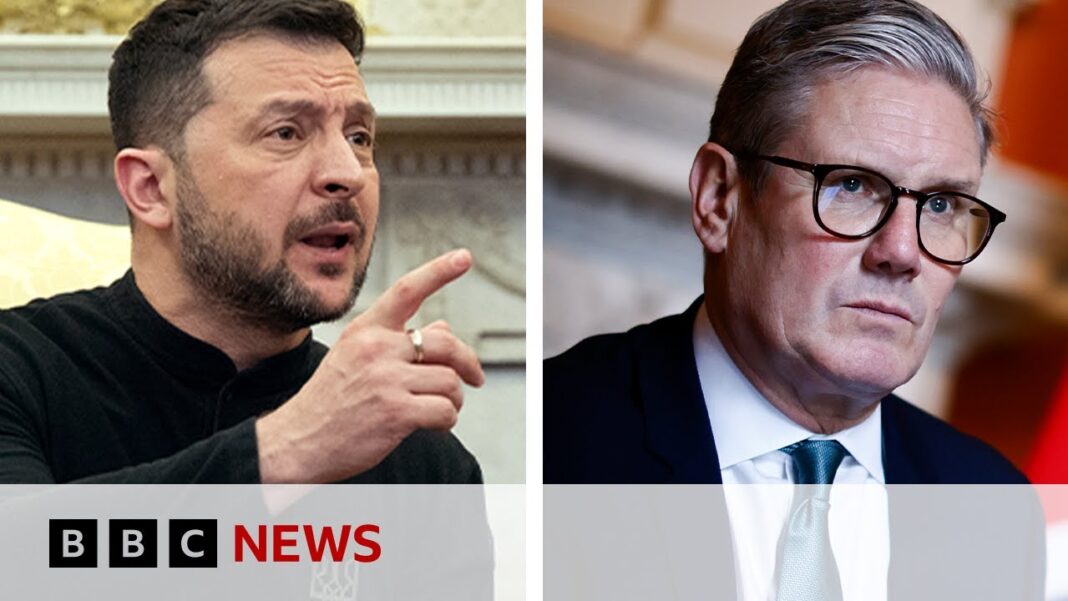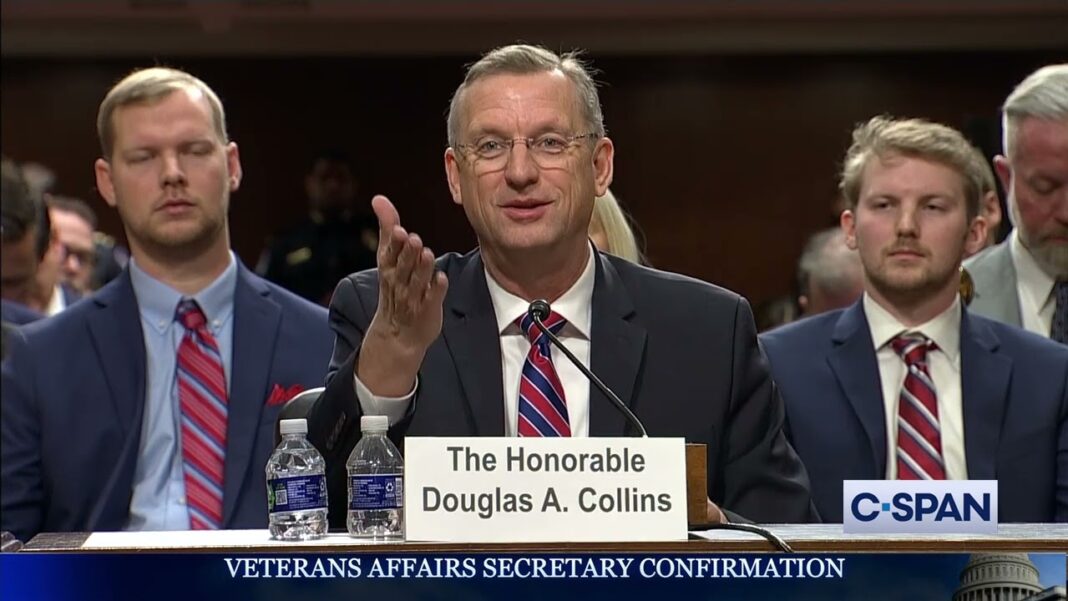For too long we’ve been told that, without doubt, childhood vaccines are safe—but in reality—we do not know.
Like many physicians, I was taught early in my training that any link between vaccines and autism had been completely disproven—that “the science is settled” and no longer open for debate. I repeated that message with confidence for years. But when I began researching for my book, “Between a Shot and a Hard Place,” I set aside assumptions and took an unbiased look at the data myself.
What I found wasn’t reassuring. It wasn’t the robust body of evidence putting the question to rest. Instead, I found a surprisingly limited collection of studies—filled with narrow designs and major gaps. As a board-certified pediatrician trained at top institutions, I expected certainty. What I found was an unsettled and incomplete landscape—one that calls not for dogma, but for open scientific inquiry and nuance.
Let me be clear: I am not claiming that vaccines cause autism. I am saying, with humility and urgency, that we do not know. And the truth is, no one can say with confidence that we do.
That’s the problem.
The Scope of the Problem
Autism spectrum disorder (ASD) is a complex neurodevelopmental condition. While some children are only mildly affected, many face significant challenges with speech, motor skills, and daily functioning. The spectrum is wide—and growing.
According to the CDC’s latest numbers, 1 in 31 children in the United States is now diagnosed with autism. In California, the numbers are even higher: 1 in every 12.5 boys. While it’s true that changes in diagnostic criteria and increased awareness have contributed to the rise, they don’t explain the increase in severe cases.
Nearly two-thirds of children with autism today have borderline or profound intellectual disability—a rate that’s higher than in decades past. This is a public health crisis. One we cannot solve if we refuse to ask the hard questions about what may be contributing to it.
By Joel Warsh







